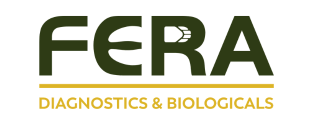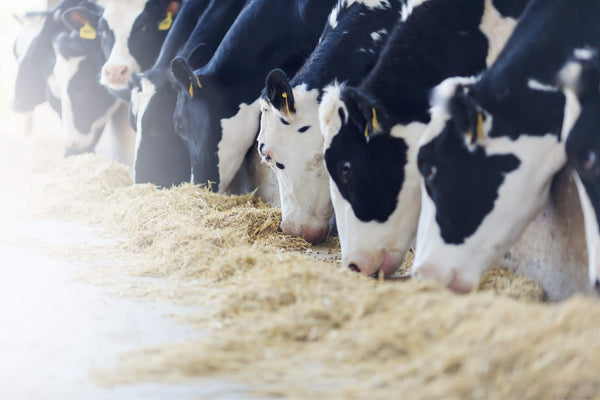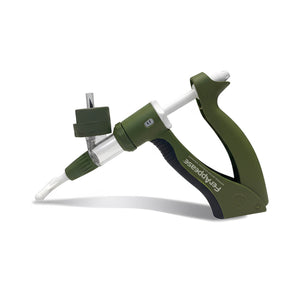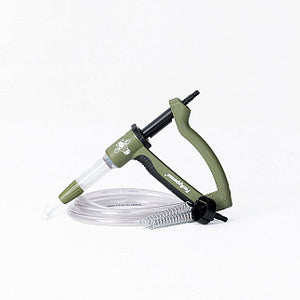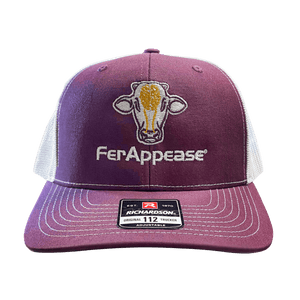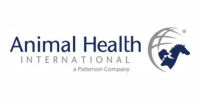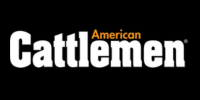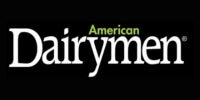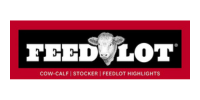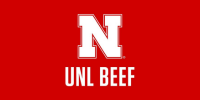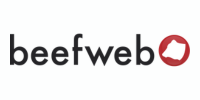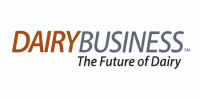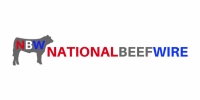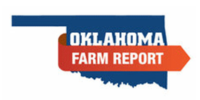Parturition
Interruption of lactation (dry off)
Breeding
Weaning
Dehorning
Hoof trimming
Commingling
Vaccination
Transportation
Threat Perception
Without FerAppease
The amygdala responds quickly to potential threats in the environment and plays a key role in determining whether environments are perceived as safe or dangerous.
Threat perception leads to activation of the hypothalamic-pituitary-adrenal (HPA) axis leading to increased release of the glucocorticoid hormone cortisol from the adrenal glands and increased release of adrenaline.
Threat perception ultimately leads to:
- Elevated inflammation
- Immunosuppression
- Increased risk for BRD
- Decreased DMI
- Weight loss
- Energy inefficiency
- Increased morbidity
- Increased mortality
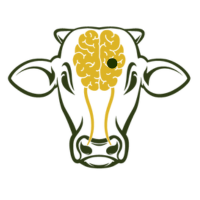
With FerAppease
Topically administered Maternal Bovine Appeasing Substance (mBAS) is locally assimilated by the vomeronasal organ located in the nasal cavity.
mBAS mediated stimulation of the vomeronasal gland desensitizes regions of the amygdala and the hypothalamus decreasing the perception of threat.
Reduced threat perception leads to:
- Reduced flight zones
- Lower levels of Cortisol
- Lower Substance-P levels
- Lower inflammation
- Lower morbidity
- Lower mortality
Scientific Data
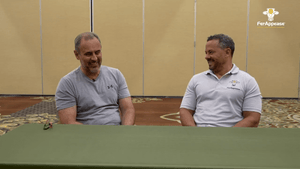
Metritis Down 54.9%
Dr. José Eduardo P. Santos, Professor in the Department of Animal Sciences at the University of Florida and Dr. Rodrigo Bicalho, FERA Founder & CEO, dive deeper into the results of a new postpartum trial conducted across three California dairy operations. The trial enrolled 1,725 dairy cows and evaluated the efficacy of a single-dose FerAppease treatment administered within 12 hours after calving.
Results presented at the American Dairy Science Association (ADSA)
- 54.9% reduction in metritis
- 11.3% less morbidity
- 50% decrease in the number of cows with multiple diseases 60 days postpartum
- 29% lower pain scores
- 4.94 lb/cow/day gain at 4 weeks fresh

833% ROI
A recent peer-reviewed study conducted across two commercial dairy operations evaluated the efficacy of administering FerAppease at the time of artificial insemination (AI). The trial enrolled 375 lactating Holstein cows where researchers used an ovulation-synchronization protocol, plus standard AI procedures, and performed pregnancy diagnosis 32 days after AI via transrectal ultrasonography.
Results published in JDS Communications, an official journal of the American Dairy Science Association
- 12.5-percentage-point increase in pregnancy per AI
- 26% relevant improvement
- FerAppease-treated cows achieved a 60.2% pregnancy rate, compared with 47.7% in the control group
- 833% ROI where each $1 invested in FerAppease returned $8.30 in economic benefit
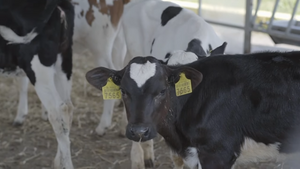
Dairy Calves
Watch the mechanism of action and proven benefits of using FerAppease in pre-weaned dairy calves.
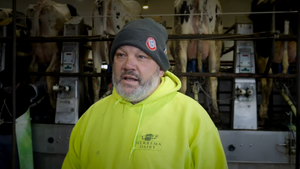
Heifers Easier to Handle and Much Calmer
Herrema Dairy uses FerAppease to help first-lactation heifers ease into their next phase. These heifers first deal with parturition which is a physically demanding event on young cows, and then with the unfamiliarity of machines, new environments and herd mates, and the shift from the rotary parlors into robotic milkers, a move that happens shortly after the cows enter the milking pen at Herrema Dairy.
Some also exhibit flight risk behavior jeopardizing not only their safety, but also employee welfare. Fortunately, FerAppease can alleviate their stress during these critical transitions. Operations Manager Cory Craig says that FerAppease makes the transition as easy as possible, and that cows are easier to handle and much calmer.
Watch the video to learn how Herrema Dairy uses FerAppease to help improve well-being and future productivity.
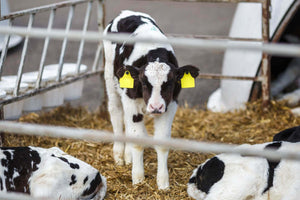
"FerAppease protocol for our baby calves. They are treated from birth and every 14 days until we move them out of the hutches. Our preweaning mortality rate has dropped dramatically and calves are 18 lb heavier one week after they are moved to group housing. Calves are visually calmer, heavier, and healthier."
Dennis Eldred, Owner
Willet Dairy Farm, NY
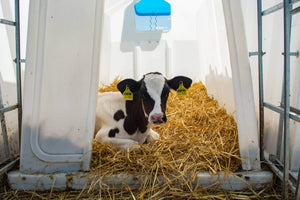
"Despite the fact that we gradually wean our calves, we still notice that when we move calves out of the hutches and into group housing, our calves usually "cry" for at least two days after the move. When we started using FerAppease, we noticed the calves were quiet and the social stress was gone. More importantly, dry matter intake increased and post-weaning treatments were reduced."
Scott Blevins, Dairy Manager, Wiese Brothers, Greenleaf, WI
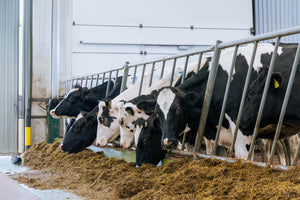
"Milking fresh heifers on a large western dairy farm is a task that few people take pleasure in doing. When I heard of FerAppease, I thought about my fresh heifers. We started using FerAppease within 24 hours from calving and our heifers are much calmer, and parlor loading has improved significantly. We believe this technology will help our people as much as it will help our animals.."
Jeff Poland, Dairy Operations Manager
13,000-cow New Mexico Dairy
